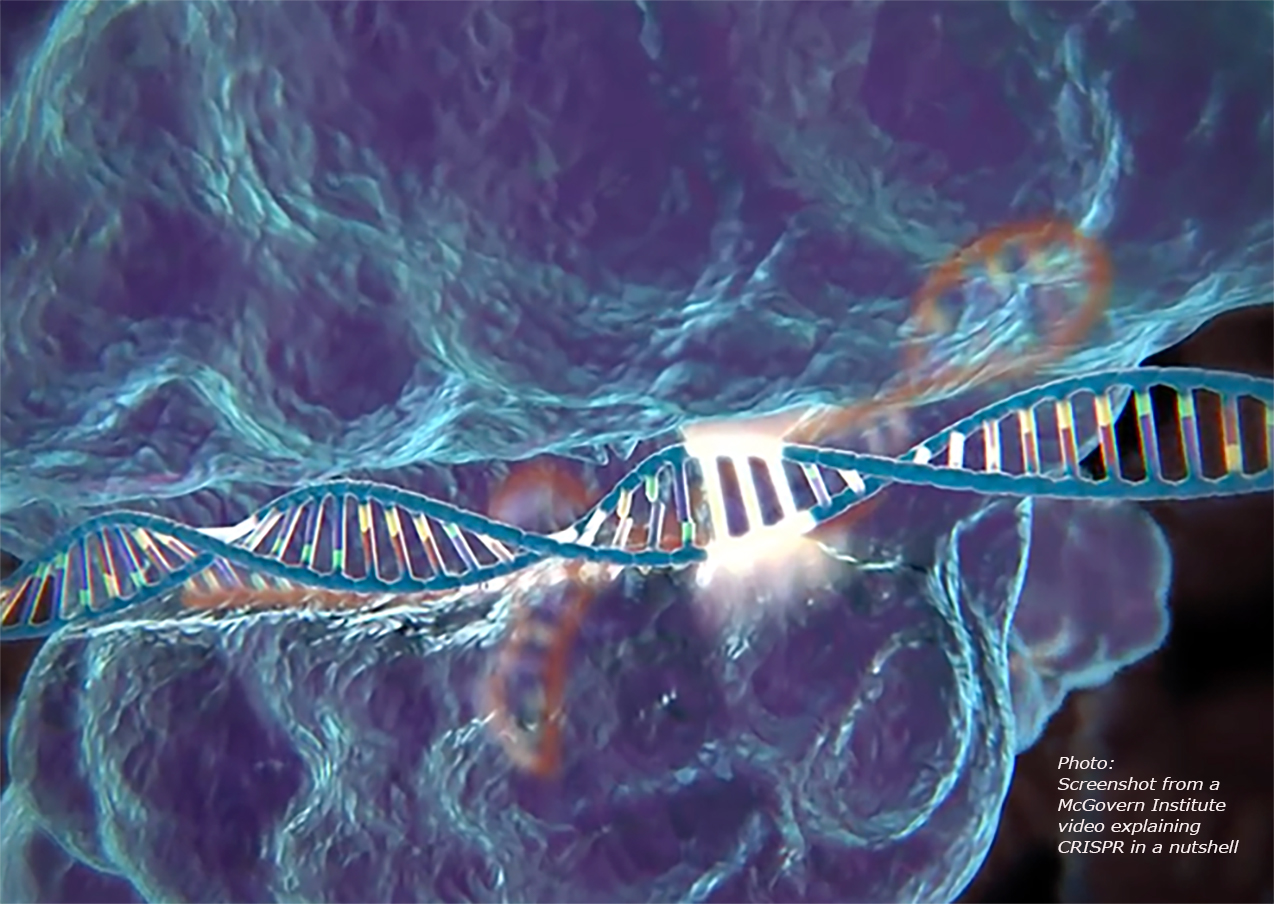Two CRISPR molecular diagnostics technologies have reached the clinically useful stage.
On May 6, 2020, the US Food and Drug Administration (FDA) granted an emergency use authorization (EUA) for the use of CRISPR technology in SARS-CoV-2 testing, making this the first time CRISPR technology has been authorized for use in infectious disease diagnostic testing. This EUA was granted to Massachusetts-based Sherlock BioSciences, Inc.’s Sherlock CRISPR SARS-CoV-2 Kit.
As an emerging technology that has never been used before in diagnosing infectious diseases, many clinical laboratory directors and pathologists view the use of clustered regularly interspaced short palindromic repeats (CRISPR)-based technology as an unknown.
To understand the potential implications and applications of CRISPR technology at this point in the COVID-19 pandemic, the COVID-19 STAT Intelligence Briefings Service interviewed Frederick (Fritz) Kiechle, MD, PhD.
Recently retired from the position of Medical Director, Clinical Pathology at Memorial Healthcare System in Hollywood, Florida, Kiechle is one of the first pathologists in the US to set up molecular testing in a hospital laboratory. Within the pathology profession, he is considered a go-to expert on matters relating to collecting, transporting, and preparing medical laboratory specimens for analysis. He has written several textbooks on this subject.

For COVID-19 STAT, Frederick (Fritz) Kiechle, MD, PhD, explained two CRISPR molecular diagnostics technologies that have reached the clinically useful stage. (Photo copyright: The Dark Intelligence Group)
Of CRISPR, Keichle explained, “It’s a technology that molecular laboratories don’t know much about. They might know the term but have certainly never tried to use it before; they’re very unfamiliar with how it actually works.”
Seeing CRISPR Through Financials
While CRISPR technology may be unfamiliar to clinical laboratory directors, Kiechle is positive about the potential it has for medical laboratories. “The cost-per-test reduction and benefits are enormous,” Kiechle explained. “It is super easy to do, and you don’t need any RT-PCR equipment which is very expensive and heavy. The cost of reagents for the isothermal amplification methods are very low compared to the reagents for RT-PCR. So everything you look at implies that you are looking at a better financial model for success in terms of cost per test over time.”
Two CRISPR Technologies Have Reached Clinically Useful Stage
According to Kiechle, there are only two CRISPR tests that are currently at a clinically useful stage: the Sherlock BioSciences platform which is FDA, EAU approved; and Mammoth Bioscience’s CRISPR-based diagnostic assay, DETECTR. “They haven’t submitted to the FDA yet, but it looks like now they’re going to do that any time,” said Kiechle of Mammoth’s assay.
San Francisco-based Mammoth Biosciences announced April 16, 2020, the publication of a study demonstrating the development and initial validation of its CRISPR lateral flow assay to detect SARS-CoV-2 from respiratory swab RNA extracts, in under 45 minutes. The information, published in Nature Biotechnology, contains data using CRISPR diagnostics for COVID-19.
Sherlock’s CRISPR involves qualitative detection of nucleic acid from SARS-CoV-2 from upper respiratory specimens (such as nasal swabs, nasopharyngeal swabs, oropharyngeal swabs, nasopharyngeal wash/aspirate or nasal aspirate) and bronchoalveolar lavage specimens from individuals suspected of COVID-19 by their healthcare provider, according to the FDA’s EUA document.
Kiechle explained that performing a CRISPR SARS-CoV-2 test is quite simple compared to RT-PCR testing. “All that you need to do this assay is a couple of heating blocks,” Kiechle pointed out. “Everything is done with isothermal amplification, so you don’t need any kind of PCR apparatus. You will have to use a CDC-approved method for extracting the RNA, so it’s not like a piece of cake, but it is a significantly lower cost and faster to run.”
Potential Downsides of CRISPR
While this testing methodology shows promise, COVID-19 STAT asked Kiechle about potential barriers or downsides. “I think if someone is going to develop an antigen assay, it’s going to have to be simplified. They’re going to have to sell you a master mix, so that you as a laboratory don’t have to buy a bunch of parts and put them together, which may be the case,” Kiechle said. “My view is that in order to sell this to the average laboratory, they are going to have to make a master mix and sell the master mix. They can’t be sending us parts of the master mix or third party asking us to acquire parts.”
Kiechle was unsure of whether CRISPR manufacturers were going to offer a master mix, so STAT COVID-19 reached out to Amy Lyons, Head of Communication at Sherlock BioSciences. “We will be providing all reagents to run the test in a single kit,” Lyons said in a statement.
When it comes to any new testing technology, a significant question that remains: What is the quality of the new test compared to more established PCR SARS-CoV-2 testing? Added Kiechle, “CRISPR seems to be equal to, or perhaps a little bit better than, PCR as far as test quality is concerned. That’s not a problem. The limits of detection are pretty close; in that regard there’s not much of a difference.
Emergency use of Sherlock CRISPR SARS-CoV-2 Kit is limited to laboratories certified under the Clinical Laboratory Improvement Amendments of 1988 (CLIA), 42 U.S.C. §263a, to perform high-complexity tests. More details can be found in the FDA’s May 6 letter.
As clinical laboratories continue performing diagnostic testing for COVID-19, they may benefit from exploring and considering the benefits of CRISPR-based testing. This recently approved testing paradigm that has emerged within the last few weeks may offer a promising way of improving a laboratory’s SARS-CoV-2 testing financial model during the COVID-19 pandemic.

—By Caleb Williams, Editor, COVID-19 STAT






